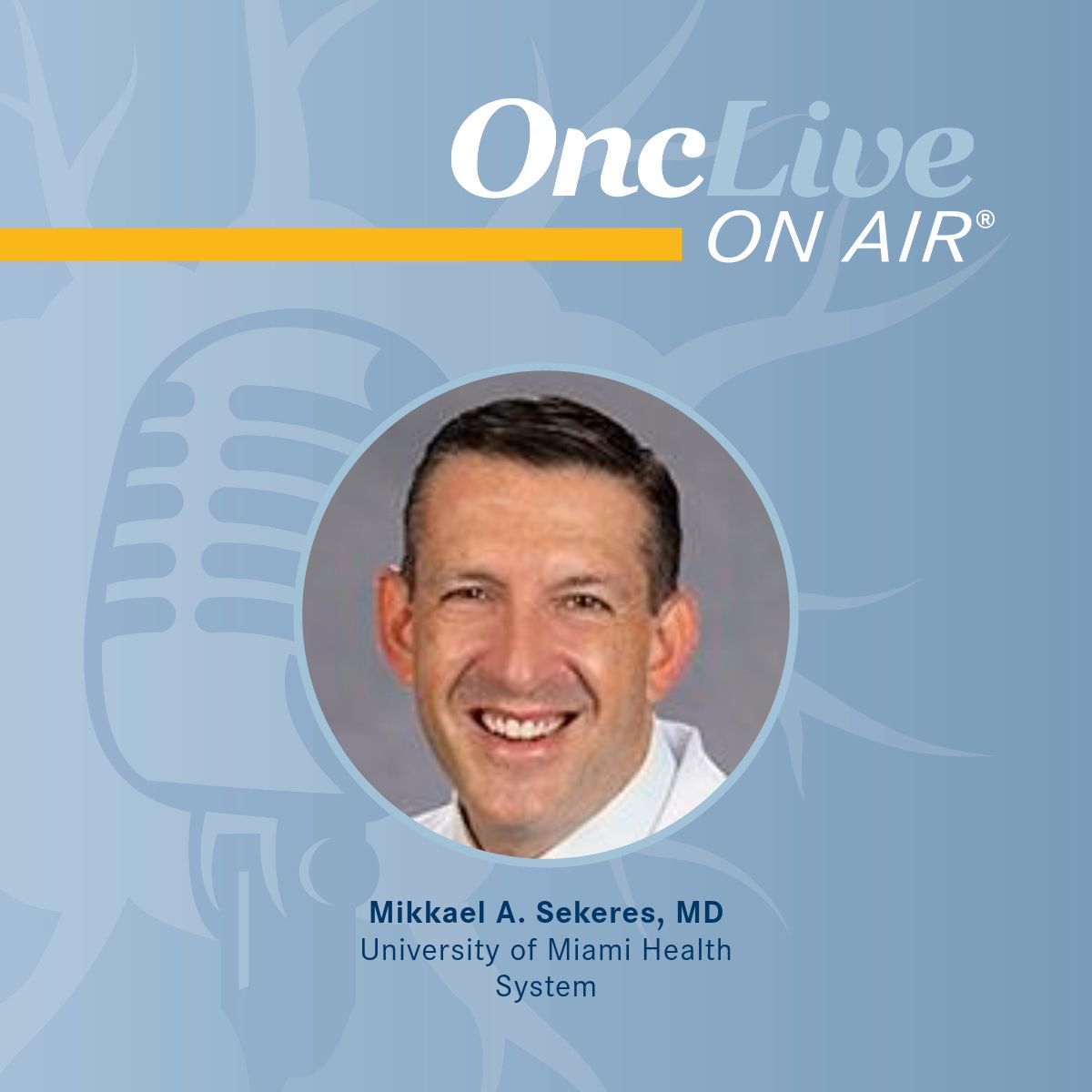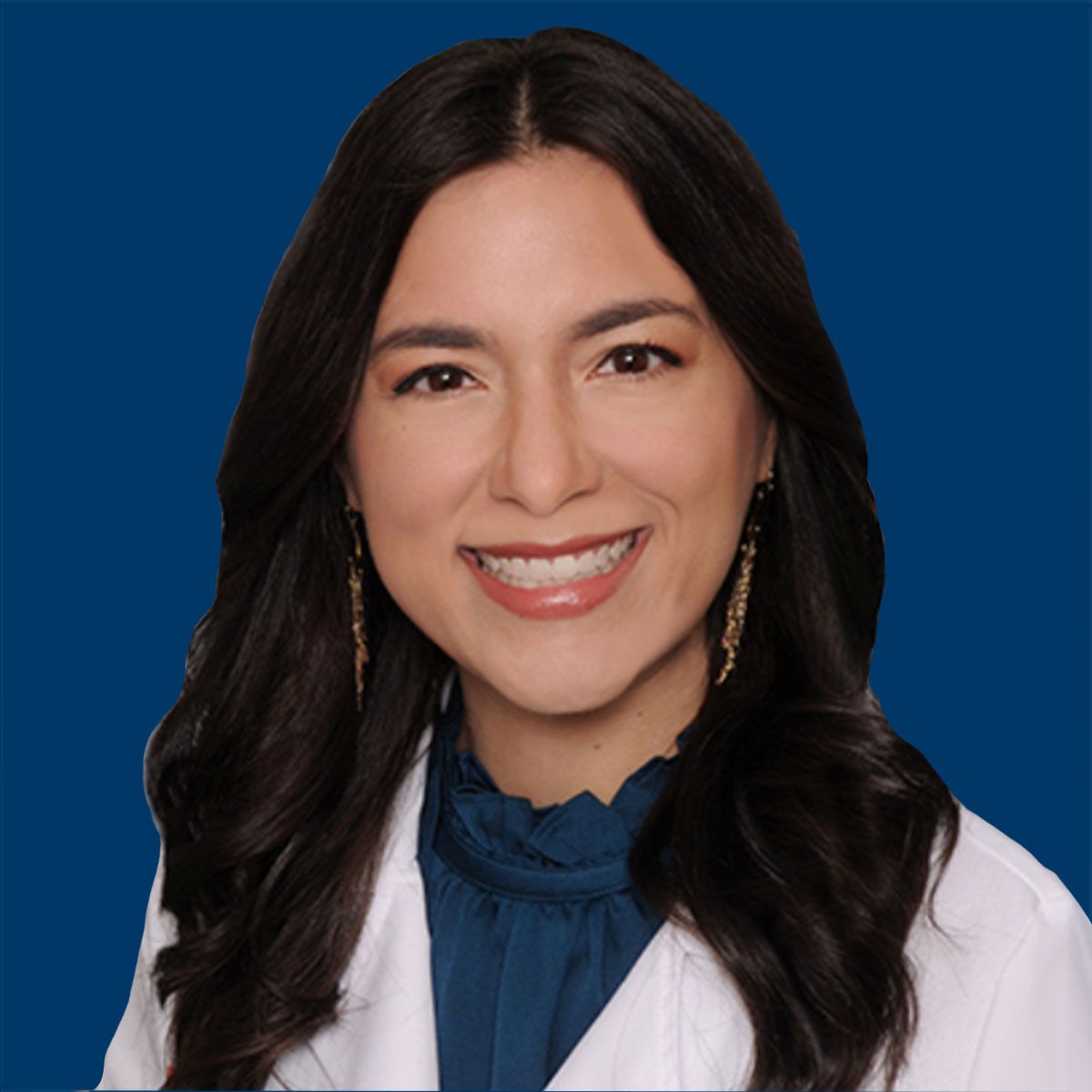Article
Press Release
Sylvester Names Dr. Sophia George to Lead the Cancer Center’s Focus on Diversity, Equity, and Inclusion
Author(s):
Sylvester Comprehensive Cancer Center at the University of Miami Miller School of Medicine has named Sophia George, PhD, the inaugural associate director of diversity, equity, and inclusion.
Sophia George, PhD

Sylvester Comprehensive Cancer Center at the University of Miami Miller School of Medicine has named Sophia George, Ph.D., the inaugural associate director of diversity, equity, and inclusion.
In this role, Dr. George will develop the vision and participate in strategic planning of Sylvester’s initiatives that promote diversity, equity, and inclusion (DEI) as essential elements of its mission. She will oversee the development of the Plan to Enhance Diversity, a National Cancer Institute (NCI) requirement, which includes programs and services to advance the center’s commitment to equity, cultural humility, anti-racism, and anti-discrimination. The Office of Diversity, Equity and Inclusion will work collaboratively with human resources and the community outreach and cancer research training and education cores to synergize and optimize DEI efforts.
“Our mission statement states that we commit to be an inclusive organization where all members, staff, and trainees feel a sense of belonging, are valued and respected,” said Dr. George. “That is our baseline. For Sylvester, our commitment to diversity is not superficial. Sylvester has chosen to address this at the highest level of the organization. The leadership of the cancer center, medical school, and University are onboard.”
Dr. George will report directly to the director of Sylvester, Stephen D. Nimer, M.D., and will serve on Sylvester’s executive committee and board of overseers. The NCI is encouraging its designated cancer centers to formally address equity and inclusion by establishing roles like the one Dr. George now holds at Sylvester.
“We have built a diverse and inclusive cancer center that has made significant strides in advancing research where minority populations are well represented, to include medically underserved communities here in South Florida and around the world,” said Dr. Nimer, Oscar de la Renta Endowed Chair in Cancer Research and executive dean for research at the Miller School. “Dr. Sophia George has long supported this commitment and is a leader in advancing health equity through action.”
In addition to this new role, Dr. George is an associate professor in Department of Obstetrics, Gynecology and Reproductive Sciences, in the Division of Gynecologic Oncology. She will continue her extramurally funded research on the study of breast and gynecologic cancers in women from the African diaspora and Africa.
Diversity, Equity, and Inclusion – A Thread Throughout
Diversity, equity, and inclusion are attributes Dr. George lives and breathes. As a Ph.D. student, Dr. George volunteered in Visions of Science, which advances STEM education in under-resourced communities. During her post-doctoral training, she was selected for the Maytree DiverseCity onBoard Fellow, which aimed to increase the number of underrepresented minorities on boards. Dr. George pivoted her scholarship to focus and increase cancer research in women of color, namely Black and Afro-Caribbean women, working collaboratively with colleagues in the region.
At Sylvester and the Miller School, the same values inform Dr. George’s work: DEI is a cornerstone of her laboratory, scholarship, mentorship, and leadership, and the way she engages with the local and global communities. Dr. George serves on the University-wide research sub-committee on DEI, and served on the Taskforce on Racial Justice at the Miller School. She sits on the board of Gilda’s Club of South Florida and Tigerlily Foundation, and engages actively with South Florida grassroots organizations like Opa-locka Community Development Corporation and the YWCA. Nationally, she is sought out for her thought leadership on diversity and inclusion by both non-governmental organizations and the pharmaceutical industry. She is a co-leader of the African Caribbean Cancer Consortium and co-founder of the Transatlantic Gynecologic Cancer Research Consortium.
Dr. George was invited to participate in the World Health Organization Global Breast Cancer Initiative, which focuses on developing best practices for United Nations members to achieve health equity in the context of breast cancer diagnosis and treatment. She is a founding faculty member of the University of Miami Center for Global Black Studies, and sits on the executive committee and conducts interdisciplinary work on the Reproduction of Race in Miami project led by the co-directors of the center.
Role Reflects Sylvester’s Commitment to DEI
This new role, according to Dr. George, reflects her and Sylvester Comprehensive Cancer Center’s commitment to having diversity, equity, and inclusion as part of its mission and fiber.
While the DEI leadership team for Sylvester is based at the cancer center, the program itself reaches far beyond Sylvester’s walls. Dr. George will continue to collaborate with University-based and community-based groups that are made up of and prioritize underrepresented minorities.
“It is my overarching goal that whether someone comes to Sylvester Comprehensive Cancer Center to work as a greeter, faculty member, nurse, administrative assistant, researcher, or student, or comes to us as a patient, we want that person to feel they belong here," Dr. George said. "We want that person to know that when they speak, we will listen. We want everyone to feel valued and see value in the relationship with the cancer center.”
Opportunity to Showcase Who We Are
Sylvester has long stood out for focusing on diversity and inclusion in research and other areas of patient care and staffing.
“All eyes are currently on the new Plan to Enhance Diversity component of the Cancer Center Support Grant, the mechanism through which NCI designation is maintained,” said Dorothy Graves, Ph.D., assistant vice president and associate director for administration at Sylvester. “While Sylvester is already a rich and diverse environment, this required component gives us opportunity to showcase who we are and to tell our story about how we will continue to value and promote DEI for our faculty, staff and patients.”
The component asks cancer centers to provide a roadmap showing how they will work collaboratively to ensure diverse enrollment to clinical trials, outreach to underserved areas, cancer research training opportunities for underrepresented minorities, and establishment of a work culture that celebrates and promotes DEI.
“This new role solidifies our commitment to do even better — to be intentional about the work that we are doing,” Dr. George said.














%20(2)%201-Recovered-Recovered-Recovered-Recovered-Recovered-Recovered-Recovered-Recovered-Recovered-Recovered-Recovered-Recovered-Recovered-Recovered-Recovered-Recovered-Recovered.jpg?fit=crop&auto=format)
%20(2)%201-Recovered-Recovered-Recovered-Recovered-Recovered-Recovered-Recovered-Recovered-Recovered-Recovered-Recovered-Recovered-Recovered-Recovered-Recovered-Recovered-Recovered.jpg?fit=crop&auto=format)